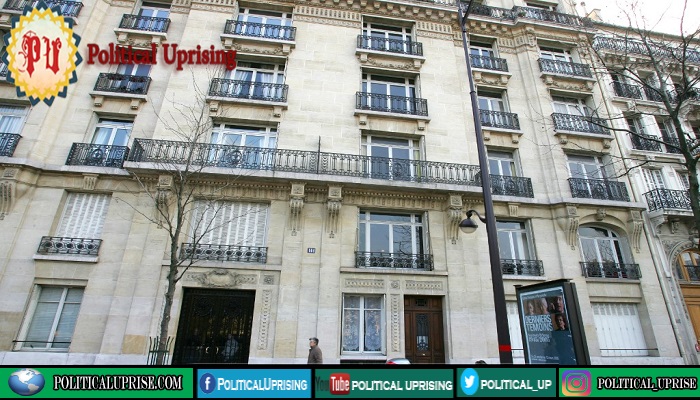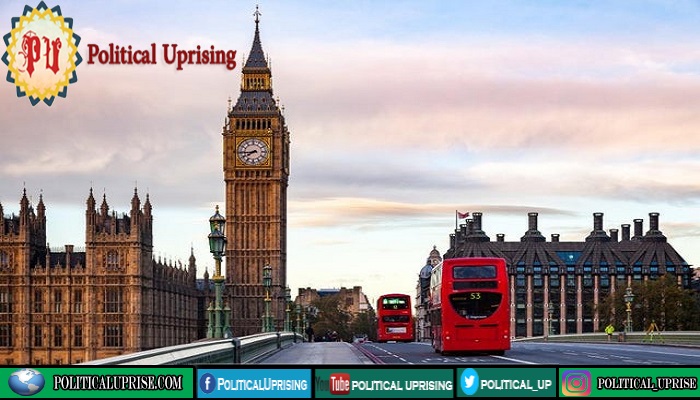Things to expect before renting an apartment:here are some of the things you need to be aware of when renting an apartment in France.
Dossier
Before you even start looking at adverts you will need to prepare a dossier that includes proof of identity, financial situation, bank details, work situation and proof of your current address. Whereas in the UK it’s more common for landlords or agencies to accept your offer first, then start doing financial checks, in France it’s the other way round. Many agencies won’t even let you view an apartment unless you have provided a dossier proving that you are an upstanding citizen of sound financial prospects.
This is particularly the case in Paris where the property market is generally insane more people than available apartments means that prices are high and landlords can afford to be very picky.
The dossier can be a particular problem to foreigners moving to France for the first time who might not have either a French bank account or a permanent work contract. You may well have to provide a financial guarantor and they must also be prepared to create a dossier of documents.
Your rights
But one of the reasons that landlords are very particular about checking you out before you move in is because once you have a tenancy, you have a lot of rights guaranteed. Your landlord can’t hike your rent or ask your to leave before your contract is up although you have the right to leave any time through your contract provided you give notice.
And even if you just stop paying the rent, your landlord can only evict you in summer, thanks to the trève hivernale law.
British Steel rescue under threat as France opposes deal
Bills
Utility bills are generally not included in the rent.
You set these accounts up yourself, which is actually quite handy because many bureaucratic tasks in France require proof of address and a recent utility bill is one of the few officially accepted forms of this. If you live in an apartment block you are likely to also pay the charge – this is for the upkeep of any communal areas and also contributes to the salary of the building’s guardienne/concierge if it has one.
Decorating
Once you are installed the apartment is your place and you are entitled to make it homely. Unlike some anglophone countries where even hanging a picture on the wall is outlawed, in France you can redecorate to your taste.
Many French families rent apartments for years and never purchase, so it’s much more normal to treat the place as your own.
There are some restrictions on this anything structural, for example knocking through a wall, requires the permission of your landlord and it is generally expected that you will hand it back in a similar condition. So painting all the walls black and putting mirrors on every ceiling is fine, as long as you reverse your DIY efforts and repaint it before you leave, otherwise you will probably face losing your deposit.
Smoking
While many UK and US landlords include clauses in the contract forbidding smoking or pets in the apartment, these are much less common in France, so unless it’s specifically mentioned in your contact feel free to buy a Poodle and chain-smoke Gaulouises.
Repairs
The flip side of treating your home as your own is that you’re responsible for a lot more repairs. While in other countries it is normal to ring the landlord or rental agency every time something breaks, in France you will be expected to deal with a lot of that yourself.
The law says that your landlord must keep your apartment in a habitable condition so if something major breaks like the heating, that is their responsibility. But more minor repairs, plumbing leaks or anything that doesn’t stem from neglect from the landlord is your responsibility to sort out.
Plumbing
Speaking of leaks, be prepared for plumbing emergencies.
Many of France’s beautiful historic buildings that visitors swoon over also have historic plumbing, so the sight of water pouring through your ceiling (or angry shouts from your downstairs neighbour as water pours through their ceiling) are not unusual. Not usually such a problem in modern buildings, which is something to bear in mind when you are apartment hunting – do you want romance, history and atmosphere or a toilet you can flush without causing a flood?
France,Turkey starts war of words
Elevator/air conditioning
Historic buildings tend not to have lifts either and, particularly in Paris, blocks four or five stories high with no lifts are common. Many of the elevators that do exist are tiny – squeezed in to a historic stairwell at a later date and generally more used for goods than people. On the plus side, you’ll acquire good thigh muscles if you get a place on the fifth floor with no elevator.
Americans are also often shocked at the lack of air conditioning. The vast majority of residential buildings in France do not have air con. What they do have are shutters to keep out the heat and in the south thick walls and narrow streets to keep things cool and shady.
Heating turned on
And it’s not just summer that causes problems – in some apartment buildings the heating is communal and it’s up to the tenants’ committee to decide when it’s turned on. So if you feel the cold you may just need to buy some extra sweaters.
French vocab
Dossier the collection of paperwork you need to show landlords
Pièce room. This is not the same as a bedroom (une chambre) so an apartment of une pièce is a one-room studio apartment, not a one-bedroom apartment
Cuisine separée/cuisine ouverte kitchen in a separate room or an open plan living/kitchen area (in some cheaper apartments this basically means a sink and hotplate stuck in the corner of the living room)
Mètres carrés metres squared. Since we’re metric all apartments are measured in square metres and in Paris in particular it’s not unusual for someone to ask you combien de mètres carrés? if you mentioned your apartment. They’re basically asking you how big it is.
Ascenseur elevator/lift. Is this isn’t mentioned in the advert, assume the building doesn’t have one
Climatisation air conditioning (dream on)
Charge the building charge. This can vary from €50 a year to several hundred, so you will need to factor it in to your financial calculations
A louer to rent. If it’s for sale the sign will say à vendre
Meublé/non meublé furnished/unfurnished. Unfurnished apartments are the most common, particularly non studios.
Propriétaire landlord or owner

Locataire tenant. If you are in a shared apartments your flatmates/roomates are your colocataires or colocs.
Moving to France is a grand adventure but finding the right property can involve a fair amount of legwork.There are certain rules to renting property in France that a newcomer should be aware of before signing a French rental contract.
Of course all countries have their own system when it comes to property, but the French market has its own idiosyncrasies which can catch out foreign tenants.
Things to expect renting an apartment in France.



